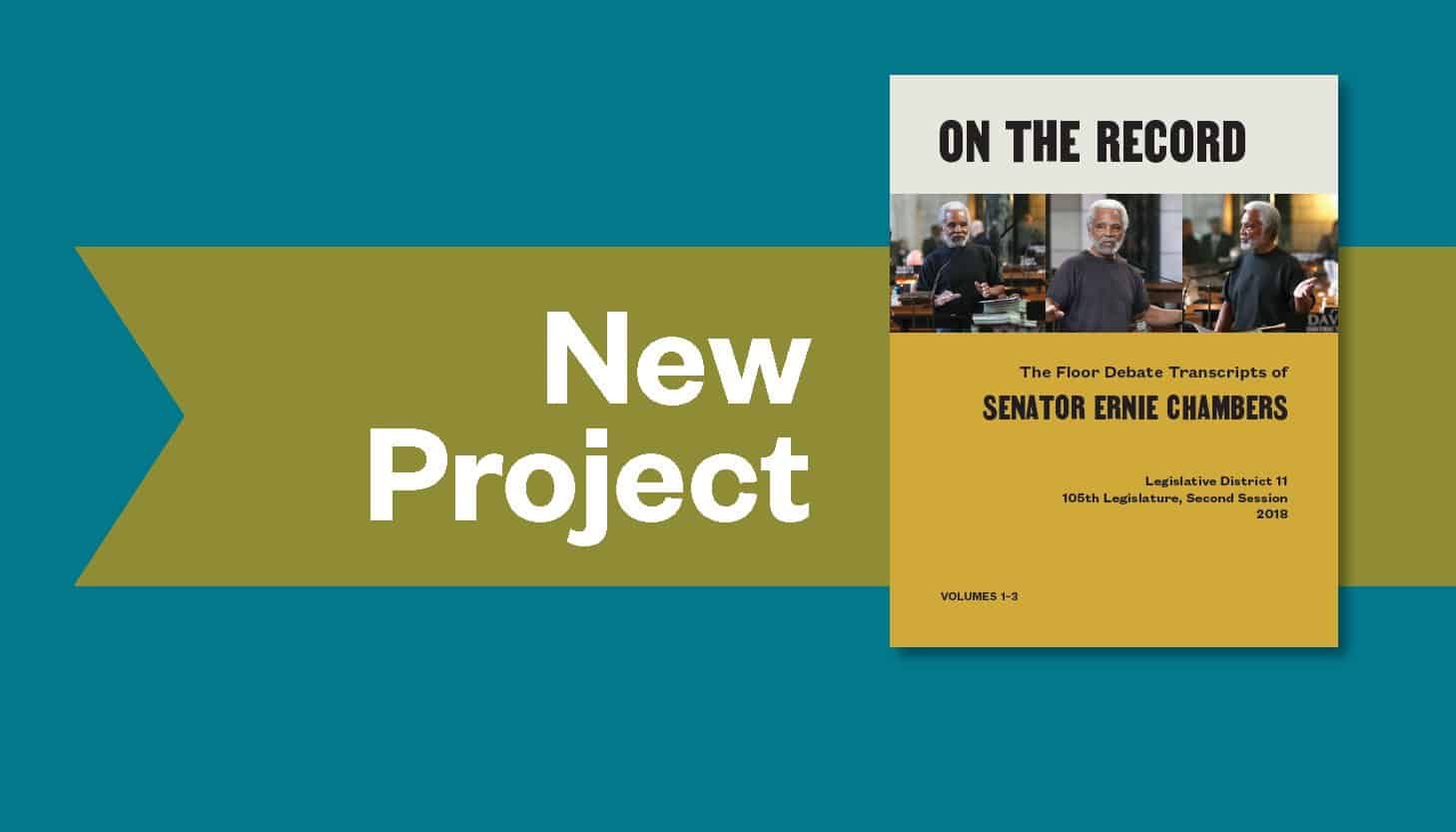
We work on memoirs regularly around here, so I thought it might be useful to share a few tips that will make writing your memoir easier and the memoir itself better.
Tip 1. Writing Is Not Therapy
Well, some writing is therapy, but with a memoir, you want to write a book that other people want to read, and a stream-of-consciousness series of journal entries likely won’t fit that bill. Your job is to write a story that makes sense and shares your message. Your message is something from your life that you feel is important to impart: life lessons, teachable moments, great discoveries, great experiences (or perhaps the greatness in ordinary experiences), successful business ideas, etc.
Tip 2. Use Your Lessons Learned
The best memoirs not only tell the writer’s story but also share the lessons he or she learned along the way. The lessons you took to heart are probably accompanied by a strong experience that has stayed with you over the years. Work through the emotion, because it will be there, and use it in your writing. The emotion will resonate with your readers, too. Even less-memorable experiences have lessons learned; tease them out of your memory bank and include them in your writing.
Tip 3. Chronology Be Damned
Your memoir is more like a personal essay or novel than it is an autobiography. You are not limited to a strict chronology of events, and you can emphasize compelling points in time by occasionally flashing back to the past or forward to the future. You can also safely skip the dull stuff. Just don’t leave your readers hanging for too long before circling back.
Tip 4. Don’t Be Sensitive
You’re going to write things about people they may not like. (You will probably write these things about yourself, too. If you don’t, you’re not being honest with yourself.) How you handle the relationship is up to you, but the bottom line is you are telling the truth as you see it. If you hold back, you do a disservice to the story you are writing. There are limits, of course, whether that’s due to civility or libel laws. But don’t leave something out that’s crucial to the experience you had just because you’re afraid of hurting someone’s feelings. A watered-down memoir, just like a watered-down drink, is weak and ineffective.
Tip 5. Target Your Writing
Your experiences will strike home with specific audiences, so direct your writing to them. Like most things, if you try to appeal to everyone, you’ll appeal to no one. Write to readers who you feel will relate to your experience.
You might find it helpful to write as if you were talking to a friend (or a friendly audience of one) and telling him or her your story. Word choice and style changes depending on who we are talking to—think about the last time you conversed with an authority figure—and you can use that to your advantage in writing.
Tip 6. Don’t Wait
Really, start today. Start now. You’re not too old; you’re not too young. At the very least start keeping a journal or a blog and document your life. Don’t wait until you have to dig through old photo albums where 90 percent of the people are unidentifiable—if there are still photo albums, and if you can find them.
We all have something to contribute to the history of being human. We have something to contribute to the people most affected—our family. If you don’t write your stories down, when you go wherever we go at the end of life, your loved ones will lose something they didn’t know they had: institutional family memory. The small reminiscences, the kind moments, the sad times, the funny stories, the big adventures—these are the things that bring people together, that make them feel they are part of a greater whole. The stories passed down through generations can be lost if they aren’t documented—do it on the computer, do it on paper, make a video, or record a conversation. Do it now, before the memory fades, the lesson grows dull, the facts become fiction.
We’re all playing a game of telephone, but you can cheat.
If you’re ready to share your story, talk to us.


